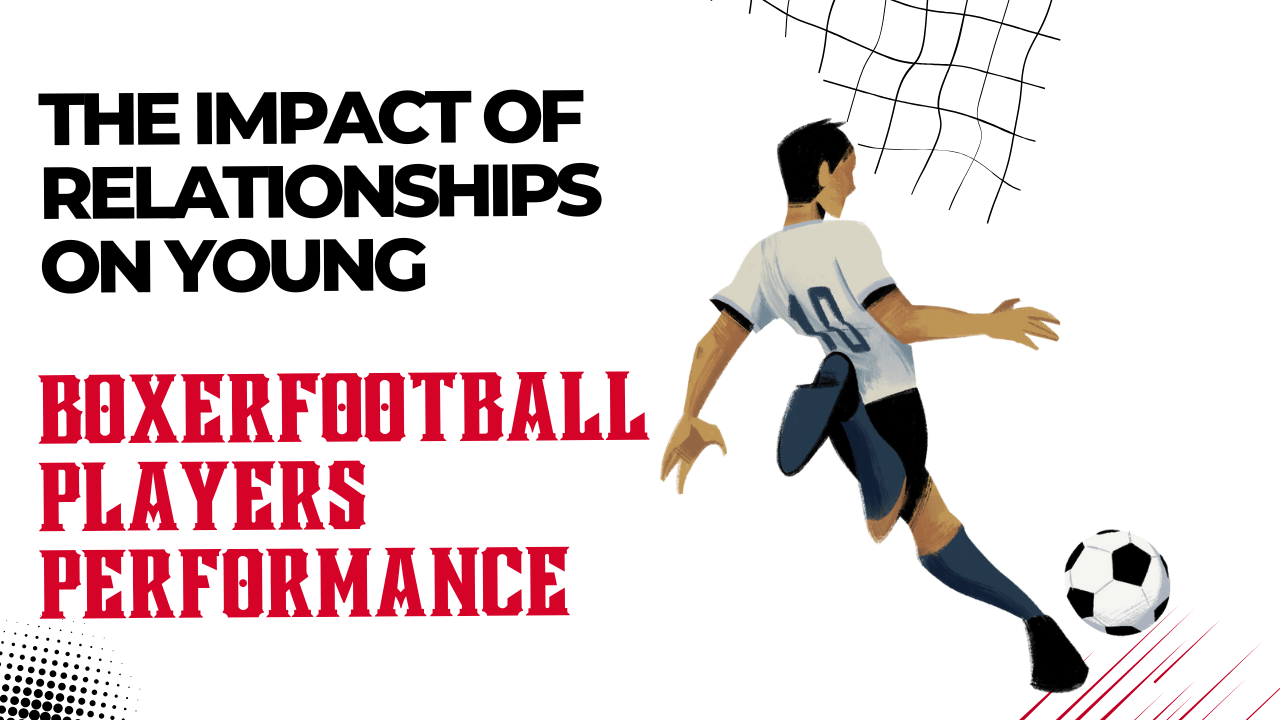In the world of football, young players often face a multitude of challenges on and off the pitch. Amidst rigorous training schedules and competitive matches, one factor that significantly impacts their performance is the quality of their relationships. This includes connections with coaches, family members, peers, and even fans. Let’s explore how these interactions can influence a young athlete’s journey in football.
Relationships with Coaches
A coach-player relationship is foundational in any sport, especially football. Coaches are not just tacticians; they are mentors, guides, and sometimes even surrogate parental figures for young athletes. A positive, supportive relationship between a coach and a young player can boost confidence, enhance skill development, and foster a love for the game. Coaches who invest time in understanding their players’ individual needs and motivations can unlock potential others might overlook.
This bond encourages young athletes to push their limits, take constructive criticism positively, and strive for continuous improvement.
Family Support
Family plays an indispensable role in the lives of young football players. The journey through youth sports is filled with highs and lows, and having a supportive family environment can make all the difference. Encouragement from family members boosts self-esteem and resilience, enabling players to navigate the pressures of competitive play. Moreover, families who actively participate in their children’s sporting activities, by attending games or discussing their progress, help maintain a balance between the sport and personal life.
This balance is crucial for mental and emotional well-being, directly impacting performance on the field.
Peer Relationships
The camaraderie among teammates is a unique aspect of football. Strong peer relationships can foster a supportive team environment, where young players learn the value of teamwork, communication, and collective goal-setting. Healthy competition among peers also drives improvement, as players push each other to reach new heights. However, negative peer interactions, such as bullying or exclusion, can harm a player’s confidence and enthusiasm for the game.
Thus, cultivating a positive team culture is essential for the overall performance and development of young athletes.
Interaction with Fans
While not as direct as other relationships, interaction with fans can also influence young football players. Positive support from fans can be incredibly uplifting, providing an extra boost of motivation and confidence. However, young athletes must also learn to navigate the challenges of public scrutiny and pressure, which can accompany fan interactions. Learning to appreciate positive support while maintaining focus amidst expectations is a crucial skill for young players.
Conclusion
The impact of relationships on young football players’ performance is profound. From the guidance of coaches and support of family to the camaraderie among teammates and interaction with fans, each relationship holds the power to uplift or hinder a young athlete’s journey. Recognizing the importance of these relationships, and nurturing them positively, can help young football players not only improve their performance on the pitch but also develop valuable life skills off it.
As we celebrate the achievements of these young athletes, let’s also acknowledge the network of support that plays a vital role in their success.

